A Day in the Life of a Dental Hygienist: 5 Regular Duties
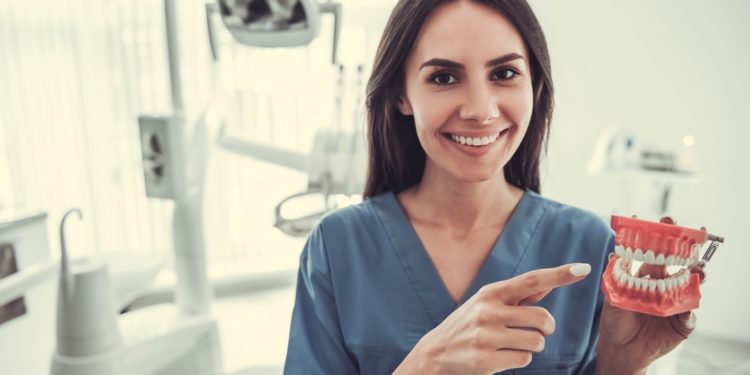
If you’re continuing your education and have chosen to get into dental hygiene (or perhaps you are already in the course), you’ve definitely made an excellent choice. Being a dental hygienist is a very good job and you can make a great salary. It’s also a very responsible job, where you need to be attentive and pay attention to detail. As a skilled professional dental hygienist, you will always be in demand.
Let’s take a look at some of your responsibilities and duties in your chosen medical profession. Here is a detailed day in the life of a dental hygienist:
1. Cleaning
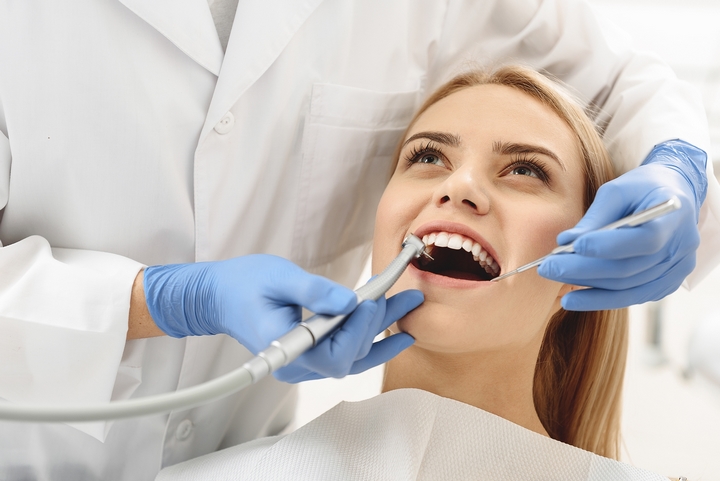
Dental cleaning is a regular part of the day in the life of a dental hygienist. Most regular visits to a dental office are usually for cleaning. This might be done by the dentist, but it is also done by the dental hygienist. They can remove unsightly stains, remove plaque as well as soft and hard deposits from your teeth and also perform root planning.
Depending on the dental office, the dental hygienist may perform more cleaning duties than the dentist. Because of this, they are very good at it and may even be better than the dentist! The cleaning job they perform is important because it helps to prevent cavities and tooth decay and also keeps bacteria away.
2. Application Of Fluoride
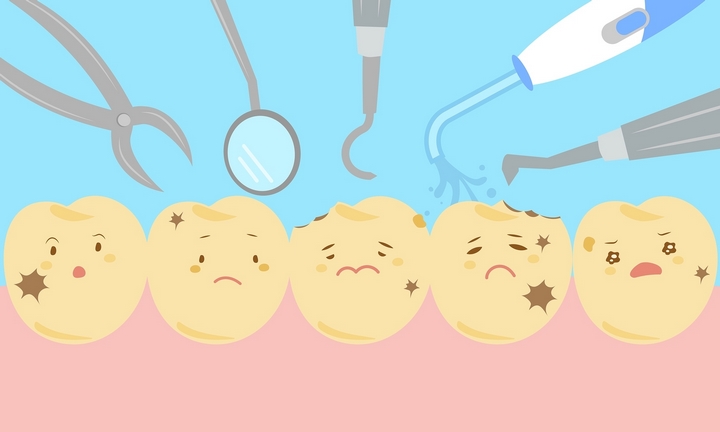
Dental hygienists also apply cavity-preventing products such as fluoride treatment to your teeth. This will help to suppress tooth decay from progressing.
3. Physical Examination
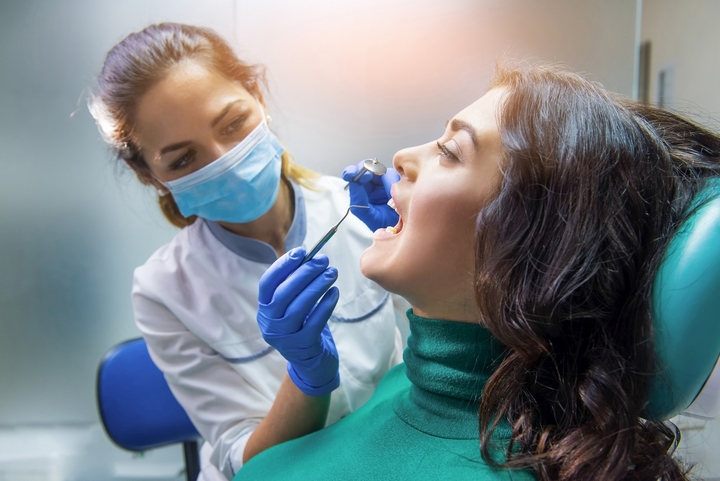
Dental hygienists can also perform physical examinations of your gums and teeth. This examination allows them to look for signs of soreness, sensitivity and disease that may not have been there from your last visit. If any problem is found, the dental hygienist can carefully chart it for the dentist who can then offer you the best course of treating it. It is also important to check the gums to look for gum disease and treat it before it gets worse.
4. X-Rays
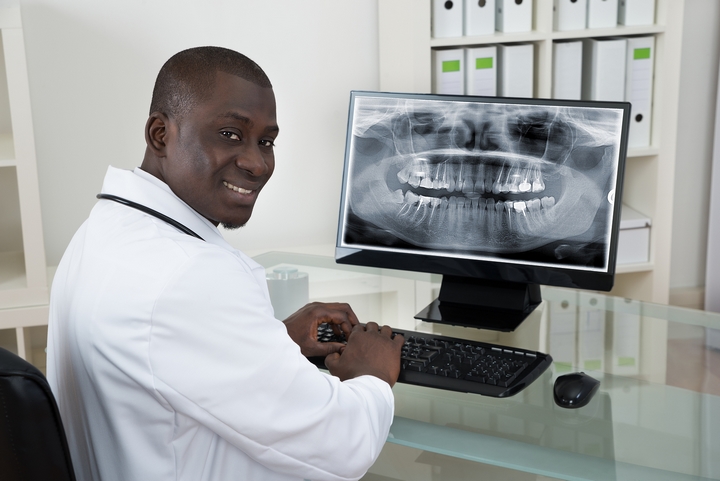
Once a dental hygienist has completed their dental hygiene continuing education training, they could become familiar with dental x-ray technology. If the dentist has asked for x-rays, they can expose and develop the x-ray film of your teeth as well as the jaws.
X-rays are very important in all dental practices, since it isn’t possible to see certain things that are happening with the teeth and jaws with the naked eye. X-rays can give a better overall picture that will allow the dentist to make the right decisions.
5. Instructions On Care
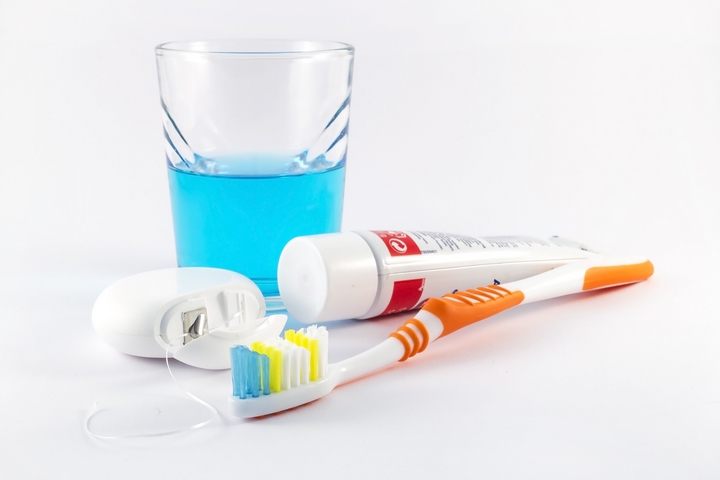
Apart from the physical and technical skills, a dental hygienist will also provide you with proper instructions on how to care for your teeth and gums and give you other valuable tips on good oral care. This will help you in preventing any teeth or gum problems, especially later on in life when it can get very expensive if you have no choice and had to have certain procedures performed. There is a proper way to brush and a certain amount of time that you need to brush. There is also a proper way to floss your teeth.
Do not make the assumption that a dental hygienist won’t know as much as a dentist when it comes to proper oral care. While a dentist can perform more technical procedures because they are qualified and licensed to do so, when it comes to other oral care issues, a dental hygienist is an expert as well. It would be wise to listen to what they have to say and follow their instructions so that you have little to no problems with your teeth and gums.


